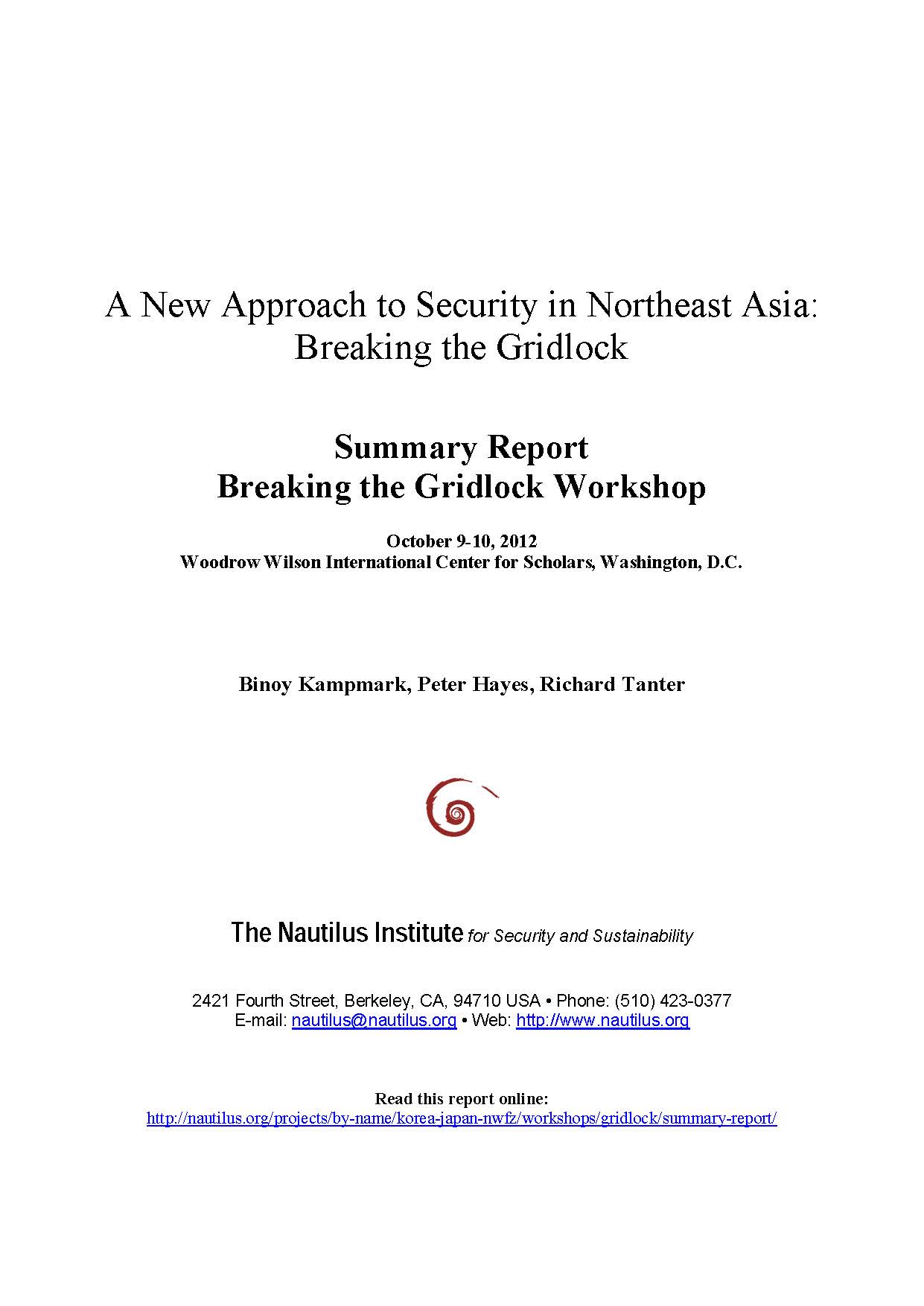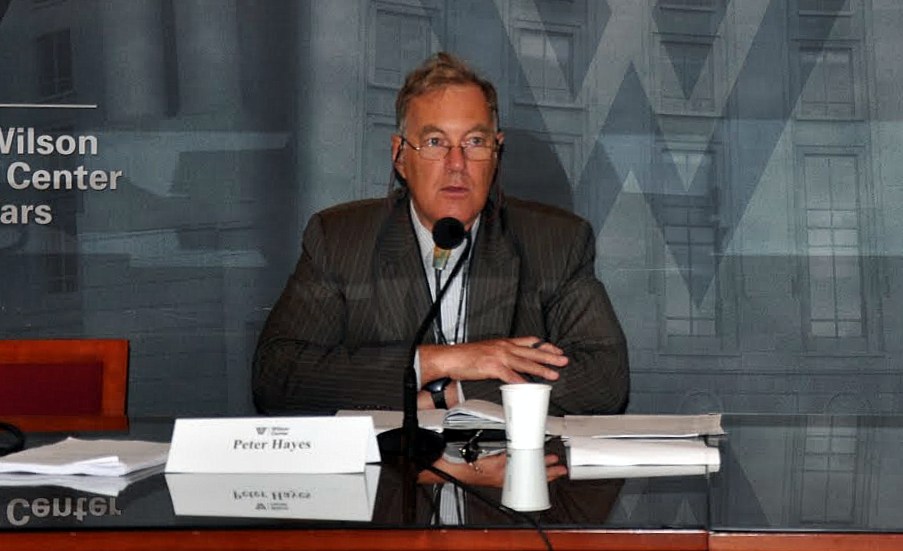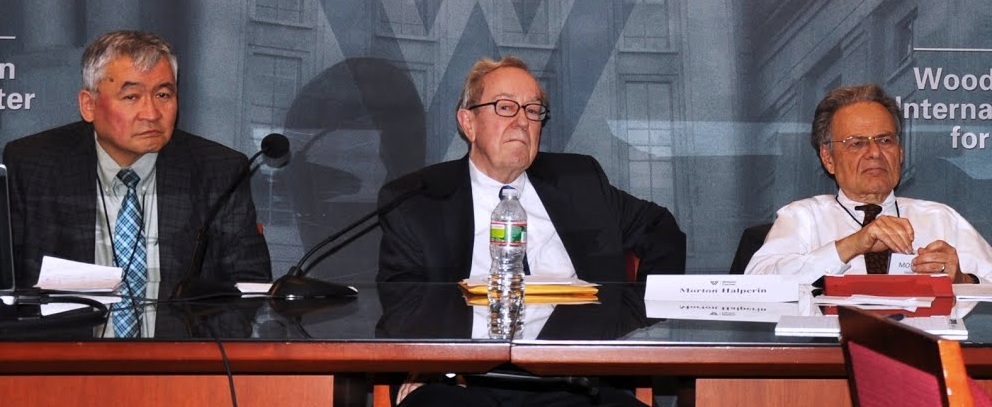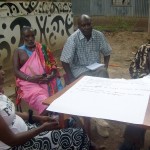Daily Report Archives
Established in December 1993, the Nautilus Institute’s *N*ortheast *A*sia *P*eace and *S*ecurity *N*etwork (NAPSNet) Daily Report served thousands of readers in more than forty countries, including policy makers, diplomats, aid organizations, scholars, donors, activists, students, and journalists.
The NAPSNet Daily Report aimed to serve a community of practitioners engaged in solving the complex security and sustainability issues in the region, especially those posed by the DPRK’s nuclear weapons program and the threat of nuclear war in the region. It was distributed by email rom 1993-1997, and went on-line in December 1997, which is when the archive on this site begins. The format at that time can be seen here.
However, for multiple reasons—the rise of instantaneous news services, the evolution of the North Korea and nuclear issues, the increasing demand for specialized and synthetic analysis of these and related issues, and the decline in donor support for NAPSNet—the Institute stopped producing the Daily Report news summary service as of December 17, 2010.

Sins in the name of children
by Nikhil Desai – Energy Security Contributor
Every climatic disaster is an opportunity to demonise fossil fuels and whip up guilt, anxiety, moral pretensions, and political…
Go to the article

This summary report is based on the New Approach to Security in Northeast Asia: Breaking the Gridlock workshop, which convened senior international experts in the field of security in Washington, D.C. on October 9th and 10th, 2012. The purpose of this meeting was to access Morton Halperin’s proposal that establishing a Northeast Asian Nuclear Weapons Free Zone (NEA-NWFZ) would strengthen peace and security in the region, reinforce the nuclear non-proliferation regime and facilitate nuclear disarmament on the Korean Peninsula. The workshop built upon the findings of the East Asia Nuclear Security Workshop in 2011 to further explore the proposal’s limits, weaknesses and possible means of implementation.
Binoy Kampmark is a Lecturer at the Royal Melbourne Institute of Technology. Peter Hayes is the Executive Director of the Nautilus Institute and Richard Tanter is an Associate of the Nautilus Institute.
Go to the article

Another hinge for the Pacific Pivot: Australia’s nuclear navy?
by Richard Tanter – Austral Peace and Security Contributor
One of the hinges in the Pacific pivot is closer alignment of the US and its longterm allies, especially Japan, Korea and…
Go to the article

Hayes and Tanter offer a brief overiew of the benefits of establishing a Nuclear Weapons Free Zone in Northeast Asia. They then evaluate critical elements and issues associated with establishing such a zone, including monitoring and verification, membership, obligations, enforcement and the legal and political issues surrounding both North Korea and Taiwan.
Peter Hayes is the Executive Director of the Nautilus Institute and Richard Tanter is an Associate of the Nautilus Institute.
This report was originally presented at the New Approach to Security in Northeast Asia: Breaking the Gridlock workshop held on October 9th and 10th, 2012 in Washington, DC.
Go to the article

Creating pathways to a sustainable future
by Saleem Janjua – Climate Change Adaptation Contributor
Climate adaptation strategies are essential for guiding the adaptation actions of local governments and for moving forward towards sustainability…
Go to the article

James Goodby writes that the Halperin proposal for a regional security mechanism in Northeast Asia suggests that some sections of the proposed Comprehensive Treaty would be adhered to by some of the signatories while others would be adhered to by all the parties. “For this reason, among others, it is useful to review the categories of security issues that need to be addressed, and by which states…Whether the Comprehensive Treaty is seen as a metaphor or as an actual document, the reality is that a security community in Northeast Asia can only be created through a comprehensive assault on all or most the issues that bedevil inter-state relations in that region of the world. Only a comprehensive approach offers the hope of ultimately eliminating North Korea’s nuclear weapons program.”
James Goodby is a Research Fellow at the Hoover Institution, Stanford University.
This report was originally presented at the New Approach to Security in Northeast Asia: Breaking the Gridlock workshop held on October 9th and 10th, 2012 in Washington, DC.
Go to the article

Reformer Flame: Neutralized Moth. Why did Kim Han-sol do a TV interview?
by Roger Cavazos – DPRK Contributor
While Kim Han-sol’s recent video created a splash, his comments do not alter North Korea’s trajectory in any…
Go to the article











